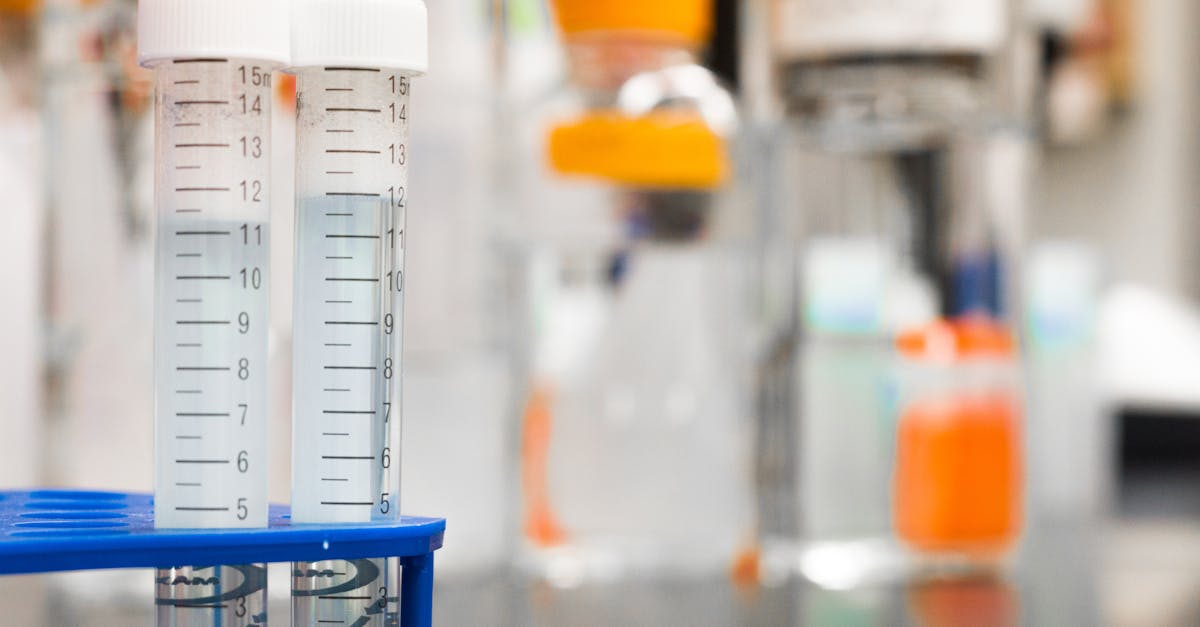Replimune Group, Inc. has recently released its 10-Q report, providing insights into its financial performance and operational developments. The company, a clinical-stage biotechnology firm, specializes in oncolytic immunotherapies designed to activate the immune system against cancer. Replimune's lead product candidate, RP1, is a selectively replicating version of HSV-1 intended for a range of solid tumors. The company is also developing RP2, engineered to express an anti-CTLA-4 antibody-like protein, and RP3, which expresses immune-activating proteins stimulating T cells.
In the 10-Q report, Replimune discussed its management's analysis of financial condition and results of operations. The company emphasized its commitment to transforming the lives of cancer patients through its novel oncolytic immunotherapies. Replimune's proprietary RPx platform, based on an engineered strain of herpes simplex virus 1, is intended to ignite local activity, resulting in a strong and durable systemic response. The company is conducting multiple clinical trials for RP1, both as a monotherapy and in combination with anti-PD-1 therapy, with a focus on establishing a major skin cancer franchise.
Notably, Replimune announced the submission of a biologics license application (BLA) to the FDA for RP1 in combination with nivolumab for the treatment of adult patients with advanced melanoma. The FDA granted Breakthrough Therapy designation to RP1 in the same setting, and the submission was made under the accelerated approval pathway. However, the FDA issued a complete response letter (CRL) for the RP1 BLA, stating that the trial cannot be adequately interpreted due to the heterogeneity of the patient population. Replimune plans to interact with the FDA to find a path forward, including potentially pursuing a Type A meeting with the FDA.
Additionally, the company provided updates on the IGNYTE trial, including the registration-directed Phase 2 expansion cohort in anti-PD-1 failed cutaneous melanoma, where RP1 combined with nivolumab demonstrated an overall response rate of 33.6% by modified RECIST 1.1 criteria. Replimune also shared data from the non-melanoma skin cancer cohort, showing an overall response rate of 30% with RP1 in combination with nivolumab, and the company continues to enroll patients in the I-3 trial, a confirmatory study design in anti-PD-1 failed melanoma patients.
Furthermore, the report highlighted the development of RP2, intended to treat more prevalent tumor types commonly found in liver and lung metastasis, and the company's plans to open a cohort in the RP2 study for patients with biliary tract cancer. Replimune also presented data from a cohort of metastatic uveal melanoma patients, demonstrating an overall response rate of 29.4% with RP2. The company is enrolling patients in a registration-directed study of RP2 in metastatic uveal melanoma patients who are immune checkpoint inhibitor-naive.
Today the company's shares have moved -12.97% to a price of $5.50. For the full picture, make sure to review Replimune's 10-Q report.


